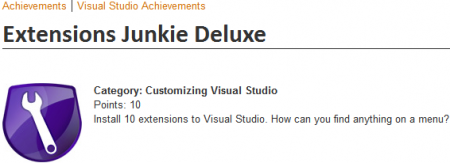Mass Effect fans are in uproar over errors in the Mass Effect: Deception novel, mostly of the type where the novel contradicts central information from the games.
From the shared Google document chronicling the mistakes. (And the mistakes are pretty bad.)
1. The Citadel is described as being star shaped – Whilst the Citadel does have five arms arranged around a ring, even when it is fully opened, the arms are not in the same plane as the central ring; rather, they are oriented straight forward:
[Error: Lore]2. There is a batarian embassy in the Citadel – Batarians closed their embassy after the Citadel Council sided with the human System Alliance during a colonization dispute over the Skyllian Verge, and there is no mention of their embassy being re-established in the previous installments. [Error: Lore]
3. Kai Leng visits Chora’s Den – Chora’s Den was closed after Sovereign’s attack on the Citadel. It never re-opened. [Error: Lore]
4. Citadel surrounded by stars – The Citadel is in the middle of a nebula with only one star – Widow – nearby and clearly visible. A few others are only faintly visible through the gas. [Error: Lore]
5. Kai Leng kills a krogan by slicing into the back of its neck and severing the spine – Krogan biology does not work this way. 1) There is a large hump that makes access to the rear of the neck difficult. 2) Most blades (save for a molecular blade) cannot penetrate the thick hide covering the rear of the neck. 3) Even if the spine was severed, the krogan still would not die, as krogan are uniquely equipped with organ redundancy. Instead of an analogue to the human nervous system, they have a second circulatory system with an electrically conductive fluid. [Error: Lore]


